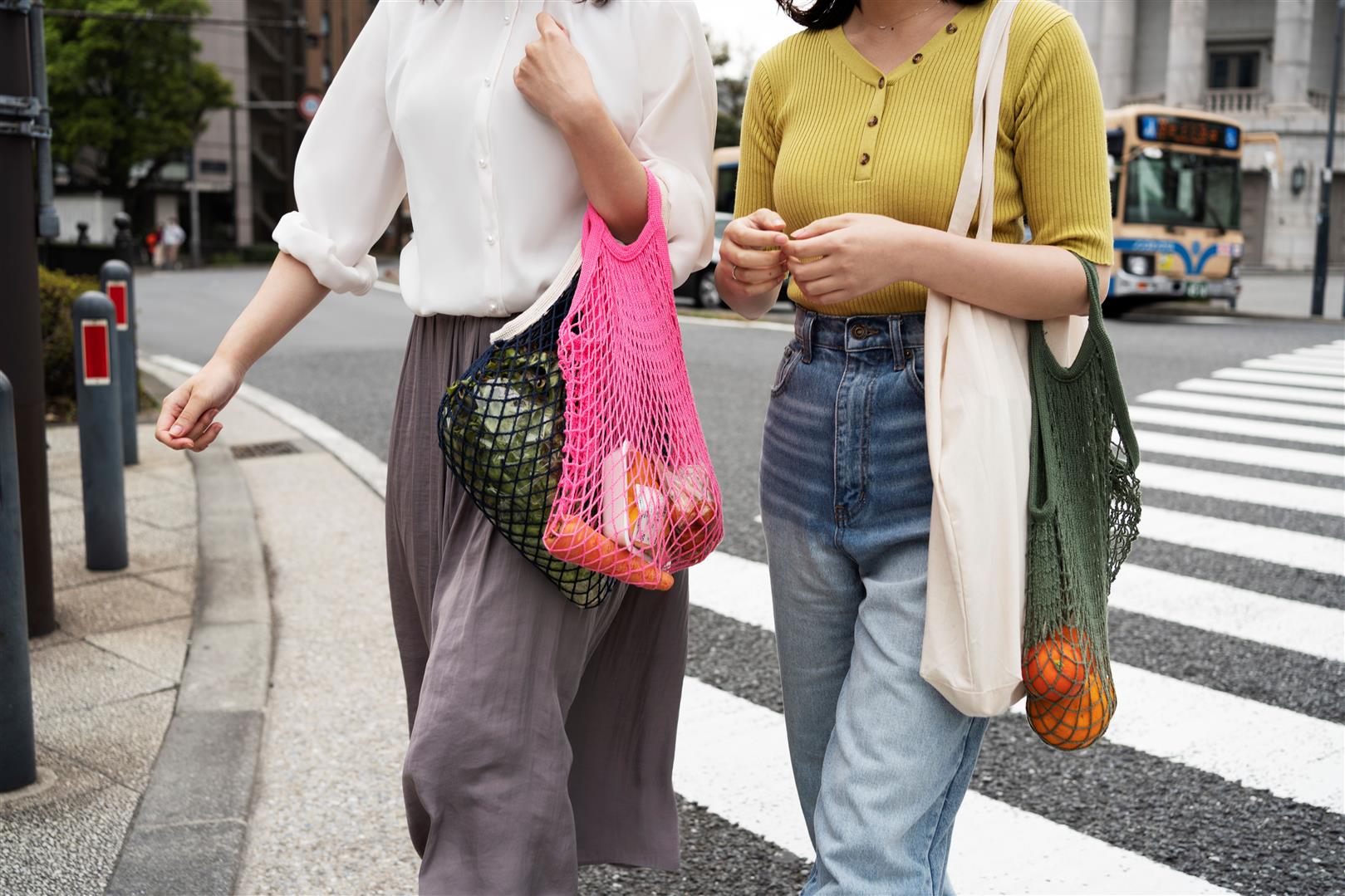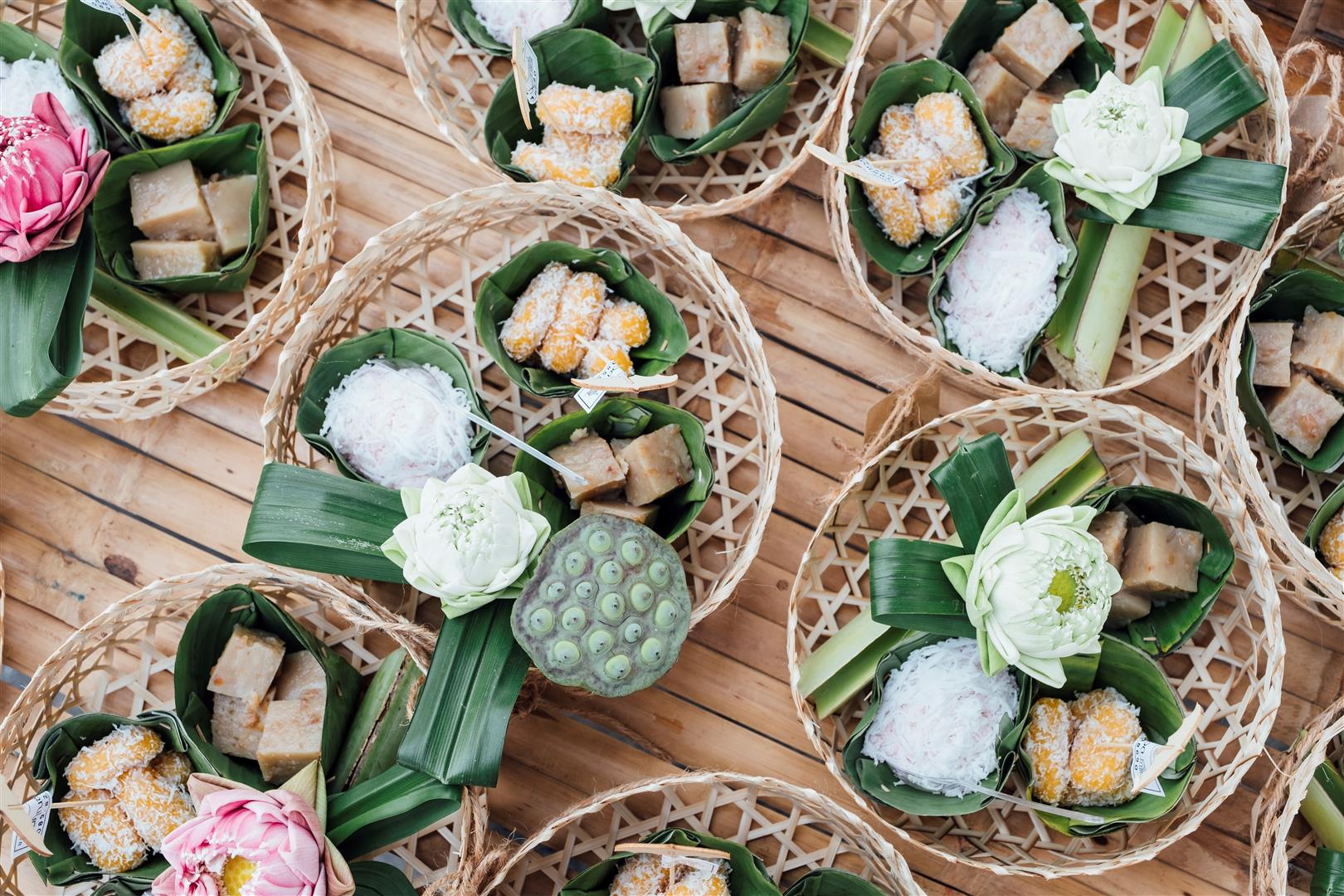
After the Pollution Control Department presented a roadmap plan to manage plastic waste 2018-2030 by eliminating the use of 4 types of single-use plastics, namely plastic bags with thin handles less than 36 microns thick; styrofoam food containers and plastic cups less than 100 microns thick; and plastic straws within the past year (2022) to use environmentally friendly renewable materials, including promoting the use of recycled plastics, recycled plastic bags, single-layer plastic film packaging, all kinds of plastic bottles, bottle caps, plastic cups, food trays or boxes, and spoons, forks, knives for use in the circular economy.
After 3 years ago (2019), the implementation of the waste reduction and sorting project in government agencies across the country was able to reduce the amount of waste sent for disposal by 89,805 tons, reducing the number of plastic bags, 341 million bags, reducing 146 million single-use plastic cups and 194 million foam food containers.
When examining measures for recycling used plastic for reuse in the past, it is one of the plans to drive the circular economy (Circular Economy) that the Pollution Control Department. Ministry of Natural Resources and Environment Issued an announcement specifying the characteristics of plastic scraps suitable for recycling for the public, public agencies and private sectors to use as a guideline for sorting, collecting plastic scraps with these 7 suitable characteristics for recycling as follows:
1. Polyethylene Terephthalate: PETE/PET such as drinking water bottles, soft drink bottles, vegetable oil bottles, fish bottles
2. High-Density Polyethylene: HDPE such as shampoo bottles, baby powder bottles, milk bottles, dishwashing liquid bottles, laundry detergent bottles
3. Polyvinyl Chloride: PVC such as water pipes, rubber cables, artificial leather, wire insulations, document folders, plastic cards
4. Low-Density Polyethylene: LDPE such as stretch film, bread bags, cooler bags, handle bags, garbage bags
5. Polypropylene: PP such as solid instant noodle cups, food containers, yogurt cups, hot bags, straws
6. Polystyrene: PS such as foam containers, clear boxes, plastic cutlery
7. Plastics other than the above 6 types, with the name of the plastic under the number 7 symbol, which is reusable hard plastic such as Polycarbonate (PC), mobile phone cases, laptops, car parts, clock parts, and Acrylonitrile Butadiene Styrene (ABS) automotive fenders.

The government wish to encourage all groups of people and foreigners who come to Thailand to participate in recycling all kinds of plastic waste by separating plastic waste, not disposing it with food waste and hazardous waste. If contaminated, they should clean, remove tape, paper, or stickers and sort the plastic scraps to sell to antique dealers, or send to a drop point or give to a local garbage truck for recycling process and destroying properly as if they can reduce the use of single-use plastics, it will reduce the waste of resources such as water and electricity used to manage this product and also reduce the amount of waste that must be disposed of.
Source: National Science and Technology Development Agency
Tel:+66 2564-8000